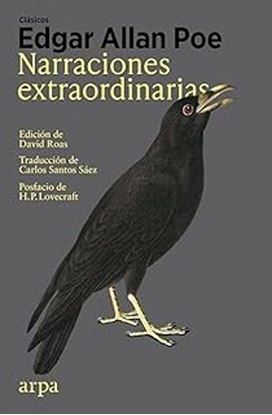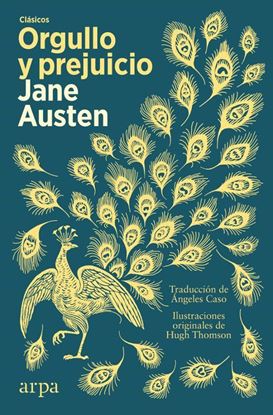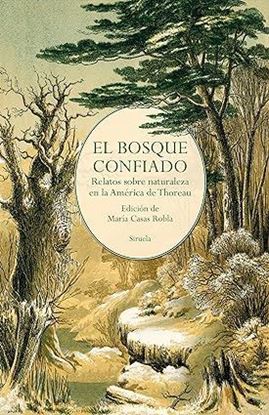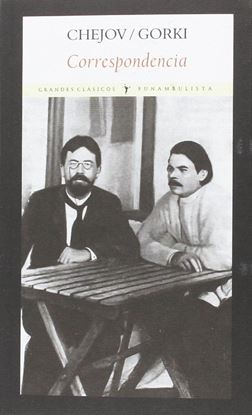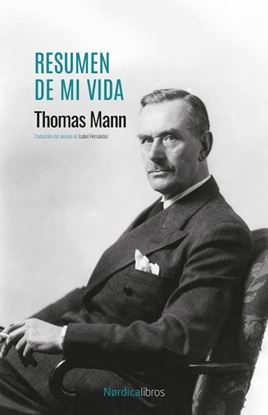

NARRACIONES EXTRAORDINARIAS (ARPA)
La caída de la Casa Usher, El escarabajo
de oro, Los crímenes de la calle Morgue,El pozo y el péndulo, El cuervo…algunas
de las historias más célebres y estremecedoras que haya dado jamás la literatura. Con atmósferas que deslumbran y relatos repletosde misterio y locura, Edgar Allan Poe nos
lleva de la mano a crímenes imposibles, obsesiones fatales y encuentros sobrenaturales que desafían la razón.
Esta cuidada edición de David Roas, con traducción de Carlos Santos Sáez y posfacio de H. P. Lovecraft, celebra la vigencia del maestro indiscutible del terror y el suspense. Una lectura que sigue fascinando a cada nueva generación.
1,300
ORGULLO Y PREJUICIO
Cuando Elizabeth Bennet conoce al enigmático señor Darcy, su arrogancia y aparente desprecio la llenan de desdén. Herida en su orgullo, Elizabeth encuentra consuelo en la atención del carismático ofificial Wickham, pero en un mundo regido por las apariencias y las conveniencias matrimoniales, las primeras impresiones pueden resultar engañosas. Entre promesas que se desvanecen, rumores que se propagan a la velocidad del viento y sentimientos que desafían toda lógica, Elizabeth y Darcy se verán atrapados en un duelo de ingenio, orgullo y deseo que pondrá a prueba sus certezas sobre el amor, la moral y la sociedad.
La nueva traducción de Ángeles Caso, novelista y profunda conocedora de la literatura inglesa, nos devuelve a la esencia de la obra más célebre de Jane Austen. Su versión captura la ligereza, el ingenio y la ironía que han hecho de Orgullo y prejuicio un clásico imperecedero. Además, esta edición incluye las ilustraciones originales de Hugh Thomson, que plasman con gran sensibilidad la atmósfera y los personajes de la novela.
1,300
MAL DE AMORES (MX)
En el convulso México prerrevolucionario de finales del siglo XIX Emilia Sauri crece en el seno de una familia liberal. Durante su infancia, transcurrida entre conversaciones políticas, infusiones y remedios naturales, tiene la fortuna de aprender el mundo de quienes viven con ingenio, avidez y entereza. Con los años, Emilia se convierte en una mujer que lucha por sus convicciones y se niega a renunciar a sus sentimientos, enfrentando las limitaciones impuestas a su condición femenina y el peligro de amar locamente a dos hombres: a Daniel Cuenca, un aventurero y revolucionario que pobló sus sueños infantiles y, ya en su madurez, a Antonio Zavalza, un médico que busca la paz en medio de la guerra civil. Sensacional contadora de historias, Ángeles Mastretta retrata la de una pasión entretejida con la de un país a su vez apasionado, la de una guerra y de una familia, y la de algunas vocaciones desmesuradas. Regida por la mejor tradición de las novelas costumbristas, Mal de amores fue galardonada con el prestigioso Premio Rómulo Gallegos en 1997, y es hoy una obra querida y siempre recomendada por cuantos se han perdido, o encontrado, entre sus páginas.
1,300
EL BOSQUE CONFIADO
El regreso a la naturaleza y su preservación no es una obsesión ni una necesidad actual, sino que corre en paralelo a la historia de la humanidad y cobra especial fuerza durante el ilustrado Siglo de las Luces y su sucesor, el industrializado siglo XIX, que verá crecer de modo exponencial la población y la tecnología, con la consecuente explotación exhaustiva de materias primas que agota la tierra. Hoy seguimos sufriendo los males que todo esto acarrea, y no parece que haya voluntad de aplicar la medicina que nos sane.
Esta antología, cuyos relatos fueron publicados entre 1830 y 1903, no se ocupa de la naturaleza arcádica de los grecolatinos, ni del jardín del edén de los escritores medievales y renacentistas, ni del paisajismo Barroco, sino de la naturaleza que nos atraviesa como «las corrientes del Ser Universal». Se ocupa, pues, del movimiento que promovieron los transcendentalistas, y del contagio de sus ideas en contemporáneos y sucesores; un contagio que dará lugar a un nuevo género e incluso a una novedosa manera de contar, propio de la literatura estadounidense, que llega hasta nuestros días.
1,300
CORRESPONDENCIA
Chejov y Gorki: Anton Chejov (1860-1904) es sin duda una de las figuras literarias más influyentes de la posmodernidad. Su sensibilidad artística ha dejado tras de sí una producción teatral que ha marcado la escena del siglo XX, así como un legado de narraciones que se engrandece con el tiempo. Por su parte, Maxim Gorki (1868-1936) es uno de esos claros ejemplos de implicación entre arte y realidad; un hombre de acción que curtió su experiencia a base de oficios diversos, largos viajes y penurias de toda índole, bagaje que se reflejaría a la perfección en sus personajes y ambientes literarios, fiel correlato de una época convulsa. Como señala Rubén Pujante Corbalán en el postfacio, cuando Gorki y Chejov inician su correspondencia, en 1898, Chejov es ya un reconocido escritor y Gorki comienza solo a afianzar su producción literaria. Se entabla así una relación semejante a la de un maestro con su discípulo, una suerte de diálogo de aprendizaje que sus cartas reflejan a la perfección. Editorial Funambulista publica ahora por primera vez en español la correspondencia entre ambos escritores, una recopilación que es el testimonio de una amistad que aumenta y se fortalece con el devenir de sus protagonistas, una referencia ineludible sobre sus autores, sus obras y su tiempo.
1,300
RESUMEN DE MI VIDA
En esta obra autobiográfica Thomas Mann relata los acontecimientos más relevantes de su vida, su ansia de independencia y libertad, detalles sobre la construcción de sus obras y las fuentes en las que se inspiró. Además, escribe acerca de las similitudes entre su propia vida y la de sus personajes, claramente visibles, por ejemplo, en su gran novela Los Buddenbrook; la singular experiencia sobre el tiempo que pasó su mujer Katia en Suiza, cuando ésta enfermó de los pulmones, tal como la describió en La montaña mágica, y otras influencias menos estudiadas, como la inspiración para los personajes del ciclo novelístico de corte bíblico José y sus hermanos, según apunta Andrés Sánchez en su esclarecedor ensayo final sobre la vida del escritor.
1,300


